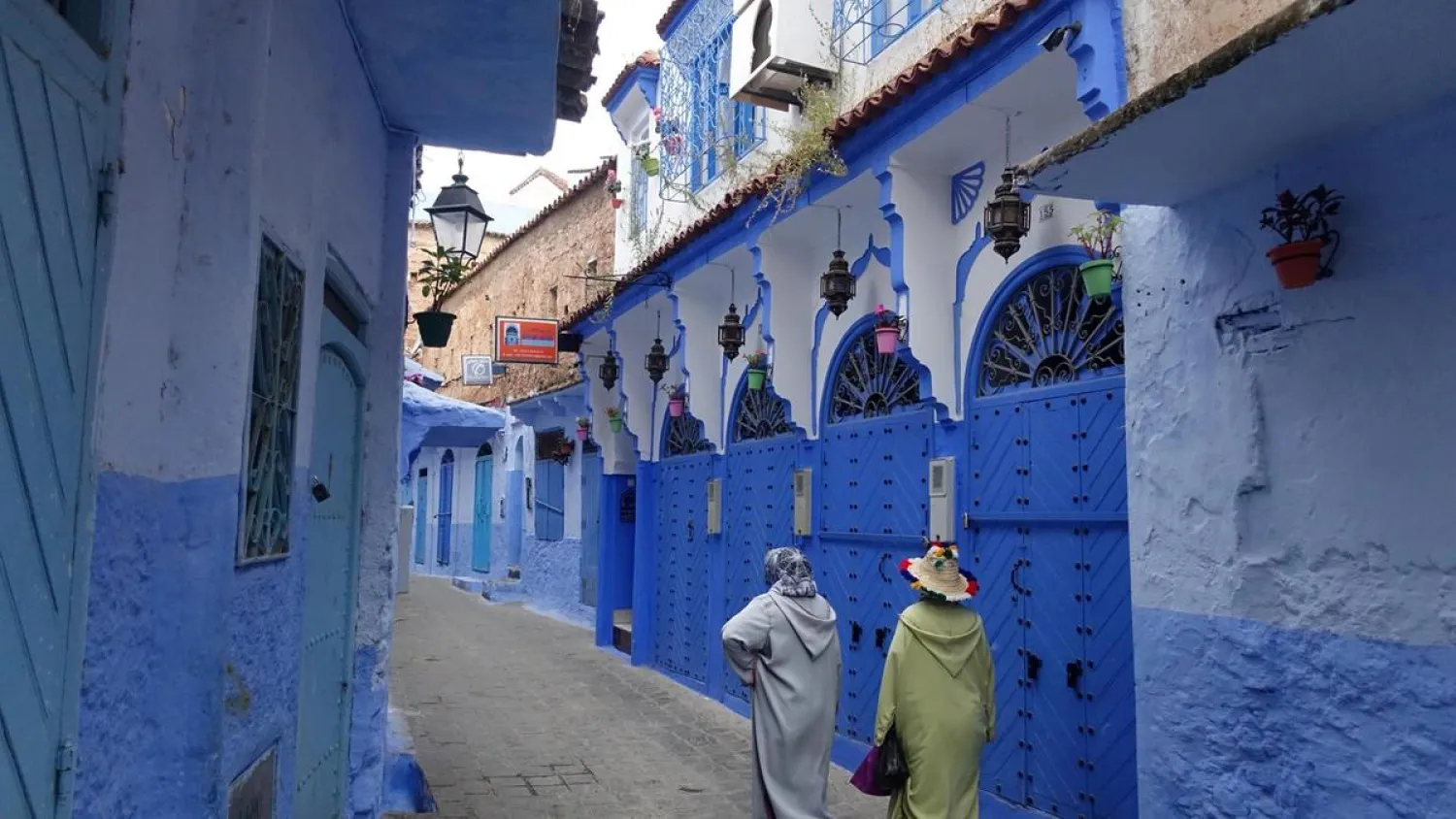The net inflow of Moroccan overseas investments declined 37 percent in 2018 to $658 million, following a strong 74 percent rise in 2017, which stood at $1.04 billion.
Three countries attracted 60.4 percent of Morocco's total overseas investments in 2018: Luxembourg, which for the first time is the top foreign investment destination at $158.4 million, followed by the UAE at $127.5 million, which rose from fourth place in two years, then the Netherlands at $112 million.
Egypt fell to 14th place with a value of $26 million only in 2018, after it was at the top of Morocco's direct investment destinations in 2017 by about $360 million, after Morocco’s Attijariwafa Bank Group took over Barclays Bank of Egypt.
The Ivory Coast fell to fourth place in 2018, after it were second behind Egypt in 2017 and the first in 2016. It attracted $48 million of Moroccan foreign investment last year, down nearly 64 percent from a year earlier.
France, which was the first destination for Morocco's direct overseas investments before being ousted by the Ivory Coast in 2016, continued its decline to fifth place in 2018, reaching $37 million in 2018, a 36 percent decrease compared to 2017.









